Eat just enough
Eating just enough is very important during Tet for many reasons such as avoiding an increase in sugar, protein, fat, and salt which are not good for health; avoiding weight gain and helping with digestion, without feeling full or tired.
You should not eat many meals, but should eat a maximum of three meals as usual. Each meal should not be too full. Eating just enough will help the digestive system not be overloaded, not cause fatigue, drowsiness and you can be alert to have fun and entertain guests during the Tet holiday.
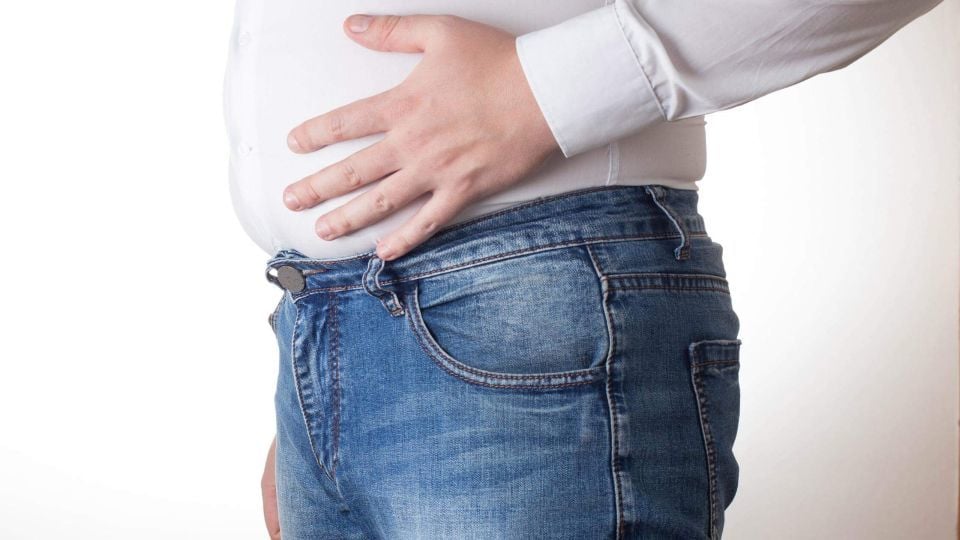
Eat slowly and chew thoroughly.
Eating slowly and deliberately gives your stomach enough time to signal to your brain that it is full. This is also a great way to help you avoid overeating.
When you chew, it sends a signal to your digestive tract that it is ready to receive food and prepare for digestion. So, if you chew your food thoroughly, you put less stress on your stomach and the rest of your digestive tract afterwards. Stomach acid can mix more thoroughly with the food and your stomach can do its job better.
If you don't chew thoroughly, large food particles can cause choking, and the natural bacteria in your gut can ferment the undigested food and multiply. This can lead to symptoms of bloating, indigestion, or constipation.
Do not lie down immediately after eating.
After eating, you should not lie down or exercise or run too hard. You should rest and exercise gently to help the intestines contract, digest food better and help gas in the stomach escape easily.
Add foods rich in fiber
A diet rich in fiber is especially beneficial for digestive health. Our bodies need fiber to help promote digestion, help eliminate waste from the body more quickly and thus reduce the presence of toxins in the body.
Fiber is abundant in green vegetables, fresh fruits, whole grains... However, it is important to note that fiber should be added gradually, avoiding adding too much or too quickly to the diet as this can have the opposite effect of causing bloating and flatulence. When eating foods rich in fiber, drink plenty of water to help push fiber through the intestines easily.
Using some types of tea helps reduce bloating
- Ginger tea: According to research, ginger can stimulate the gastrointestinal tract to help reduce constipation, bloating and flatulence. When you have bloating and indigestion, you can drink a cup of ginger tea or make your own ginger juice by crushing ginger and adding it to warm water, which is very effective.
- Tangerine peel tea: Use fresh tangerine peel, put it in water and boil it, add a little sugar and drink it to help improve bloating and flatulence.
- Peppermint tea: Peppermint contains an organic compound called l-menthol which has the effect of reducing stomach and colon spasms, relaxing the muscles of the digestive tract and has the ability to soothe stomach pain and bloating.
Drinking a cup of peppermint tea after a meal can quickly help soothe the stomach and effectively reduce bloating.
Drink baking soda
When suffering from indigestion, a useful tip to improve this condition is to drink baking soda. The main ingredient of baking soda is sodium bicarbonate, which has the ability to neutralize stomach acid and relieve heartburn symptoms for a period of time. The method is very simple: dissolve 1/4 tablespoon of baking soda in a cup of warm water and drink.
However, you should note that after 2 hours of taking baking soda, you should not take any other medicine. Because baking soda can slow down the absorption of some drugs and change their mechanism of action, as well as increase unwanted side effects.
Eat the BRAT diet
The BRAT diet is a nutritional plan that focuses on light, easily digestible foods and is very helpful in treating gas and indigestion at home.
You can start with small amounts of food and maintain drinking plenty of water throughout the day. Once your body gets used to it, add apple juice, chicken broth... to increase nutrition.
Source: https://kinhtedothi.vn/cach-giam-chung-day-bung-kho-tieu-trong-nhung-ngay-tet.html



![[Photo] National Assembly Chairman Tran Thanh Man attends the VinFuture 2025 Award Ceremony](/_next/image?url=https%3A%2F%2Fvphoto.vietnam.vn%2Fthumb%2F1200x675%2Fvietnam%2Fresource%2FIMAGE%2F2025%2F12%2F05%2F1764951162416_2628509768338816493-6995-jpg.webp&w=3840&q=75)
![[Photo] 60th Anniversary of the Founding of the Vietnam Association of Photographic Artists](/_next/image?url=https%3A%2F%2Fvphoto.vietnam.vn%2Fthumb%2F1200x675%2Fvietnam%2Fresource%2FIMAGE%2F2025%2F12%2F05%2F1764935864512_a1-bnd-0841-9740-jpg.webp&w=3840&q=75)



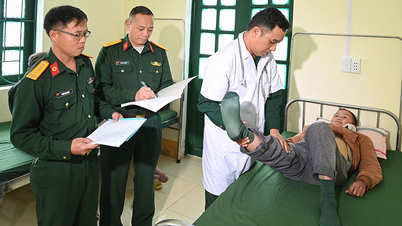

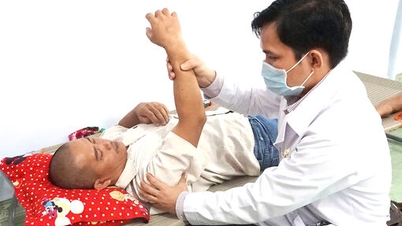











![[Infographic] Air pollution and recommendations from the Ministry of Health](https://vphoto.vietnam.vn/thumb/402x226/vietnam/resource/IMAGE/2025/12/05/1764950568593_screen-shot-2025-12-05-at-222015-png.webp)



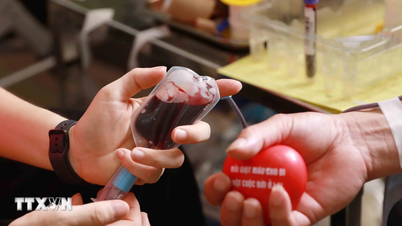










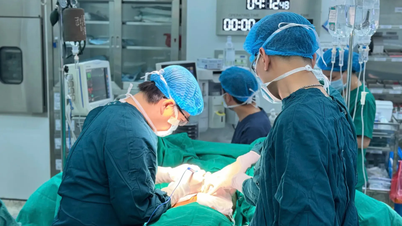











































































Comment (0)